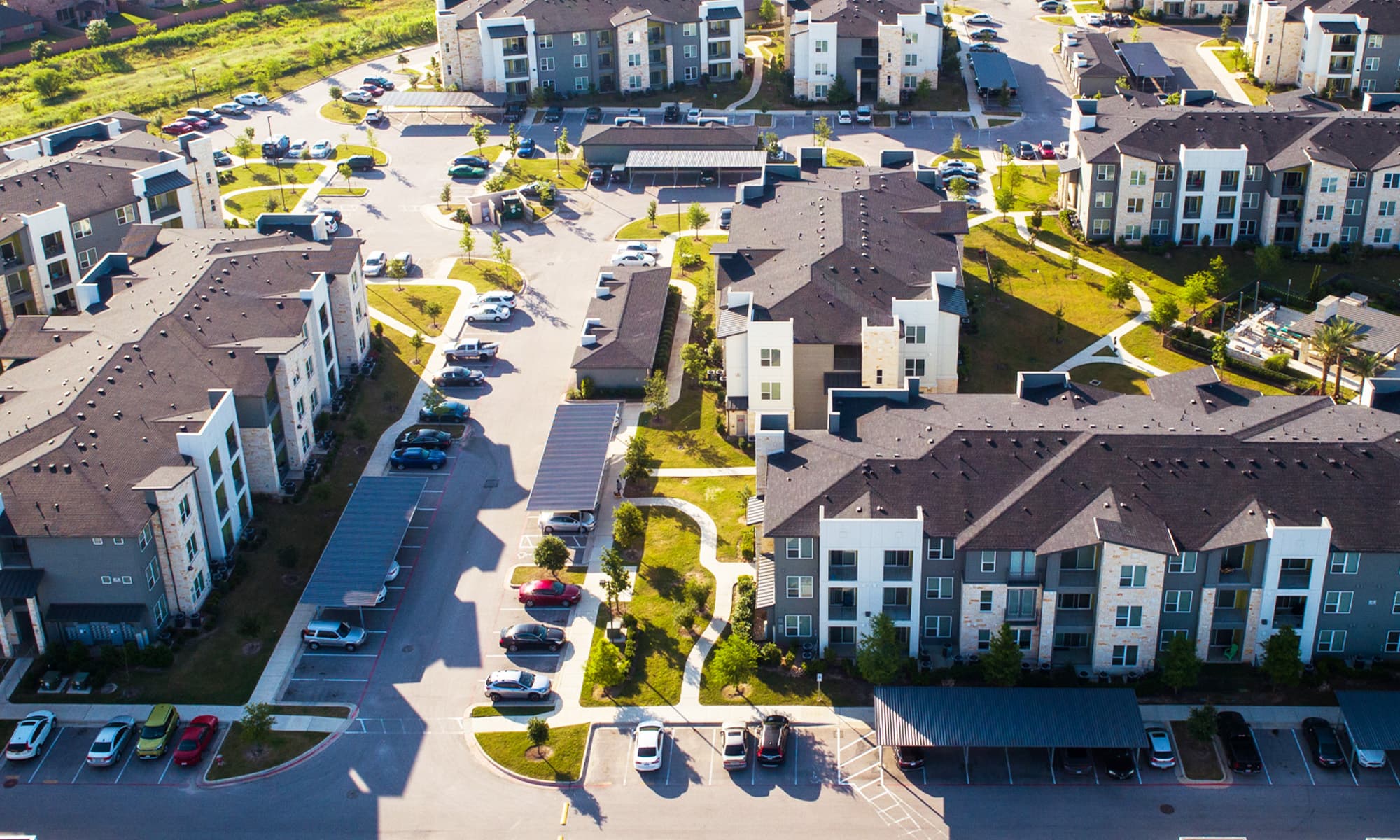Texas SB 840 Takes Effect, Enabling Housing Construction on Commercial Land with Up To 36 Units Per Acre

AUSTIN, Texas – Texas Senate Bill 840 officially goes into effect today, September 1, 2025, marking a pivotal shift in the state's approach to urban development and housing supply. The legislation, signed into law by Governor Abbott, permits the construction of housing on commercially zoned lots in Texas cities with populations exceeding 150,000. This move has been heralded by advocates as "possibly the single largest statewide zoning change in the entire country," according to a tweet from YIMBYLAND.
The new law fundamentally alters how multifamily and mixed-use residential projects (defined as at least 65% residential space) can be developed. It allows these projects to proceed "by right" in areas already zoned for office, commercial, retail, or warehouse use, eliminating the need for traditional zoning changes, public notices, public hearings, or direct City Council approval. This streamlining aims to accelerate development and address the state's significant housing shortage, which is estimated to be over 300,000 units.
SB 840 also imposes new limitations on how municipalities can regulate these developments. Cities can no longer enforce density limits more restrictive than 36 units per acre or the highest residential density already allowed in the municipality. Similarly, building heights cannot be restricted below 45 feet or the highest height permitted for commercial developments on the site. Setback requirements are capped at 25 feet or the lesser of existing commercial setbacks, and parking mandates are limited to one space per dwelling unit, prohibiting requirements for multi-level parking structures.
Furthermore, the bill restricts cities from demanding traffic impact analyses, mandating additional utility upgrades for converting existing commercial buildings, or imposing impact fees on such conversions. While the legislation received bipartisan support, some municipalities have expressed concerns regarding potential strain on existing infrastructure and the erosion of local control over development standards. Critics also worry about the impact on surrounding single-family neighborhoods and the potential for devaluation of existing multifamily properties.
Despite these concerns, proponents argue that SB 840 is a crucial step toward alleviating the housing crisis by encouraging the conversion of underutilized commercial spaces into much-needed residential units. The law includes provisions for enforcement, allowing housing organizations or aggrieved parties to take legal action against municipalities that violate its stipulations, with potential for court costs and attorney's fees to be awarded to successful claimants.